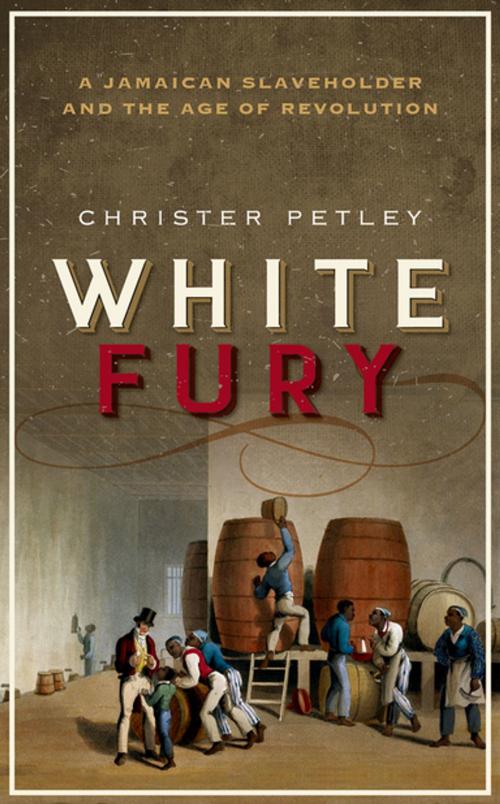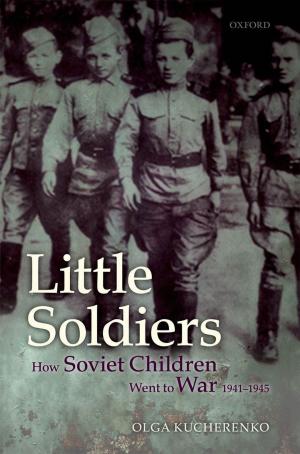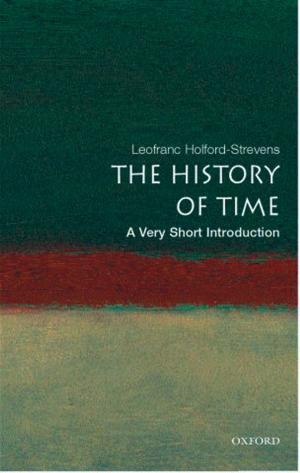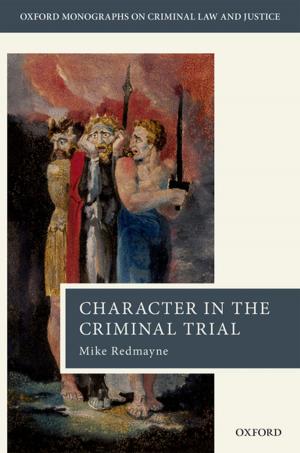White Fury
A Jamaican Slaveholder and the Age of Revolution
Nonfiction, History, Americas, Caribbean & West Indies, British| Author: | Christer Petley | ISBN: | 9780192509369 |
| Publisher: | OUP Oxford | Publication: | October 4, 2018 |
| Imprint: | OUP Oxford | Language: | English |
| Author: | Christer Petley |
| ISBN: | 9780192509369 |
| Publisher: | OUP Oxford |
| Publication: | October 4, 2018 |
| Imprint: | OUP Oxford |
| Language: | English |
The sugar planter Simon Taylor, who claimed ownership of over 2,248 enslaved people in Jamaica at the point of his death in 1813, was one of the wealthiest slaveholders ever to have lived in the British empire. Slavery was central to the eighteenth-century empire. Between the seventeenth and the nineteenth centuries, hundreds of thousands of enslaved people were brought from Africa to the Caribbean to toil and die within the brutal slave regime of the region, most of them destined for a life of labour on large sugar plantations. Their forced labour provided the basis for the immense fortunes of plantation owners like Taylor; it also produced wealth that poured into Britain. However, a tumultuous period that saw the American, French, and Haitian Revolutions, as well as the rise of the abolitionist movement, witnessed new attacks on slavery and challenged the power of a once-confident slaveholder elite. In White Fury, Christer Petley uses Taylor's rich and expressive letters to allow us an intimate glimpse into the aspirations and frustrations of a wealthy and powerful British slaveholder during the Age of Revolution. The letters provide a fascinating insight into the merciless machinery and unpredictable hazards of the Jamaican plantation world; into the ambitions of planters who used the great wealth they extracted from Jamaica to join the ranks of the British elite; and into the impact of wars, revolutions, and fierce political struggles that led, eventually, to the reform of the exploitative slave system that Taylor had helped build . . . and which he defended right up until the last weak scratches of his pen.
The sugar planter Simon Taylor, who claimed ownership of over 2,248 enslaved people in Jamaica at the point of his death in 1813, was one of the wealthiest slaveholders ever to have lived in the British empire. Slavery was central to the eighteenth-century empire. Between the seventeenth and the nineteenth centuries, hundreds of thousands of enslaved people were brought from Africa to the Caribbean to toil and die within the brutal slave regime of the region, most of them destined for a life of labour on large sugar plantations. Their forced labour provided the basis for the immense fortunes of plantation owners like Taylor; it also produced wealth that poured into Britain. However, a tumultuous period that saw the American, French, and Haitian Revolutions, as well as the rise of the abolitionist movement, witnessed new attacks on slavery and challenged the power of a once-confident slaveholder elite. In White Fury, Christer Petley uses Taylor's rich and expressive letters to allow us an intimate glimpse into the aspirations and frustrations of a wealthy and powerful British slaveholder during the Age of Revolution. The letters provide a fascinating insight into the merciless machinery and unpredictable hazards of the Jamaican plantation world; into the ambitions of planters who used the great wealth they extracted from Jamaica to join the ranks of the British elite; and into the impact of wars, revolutions, and fierce political struggles that led, eventually, to the reform of the exploitative slave system that Taylor had helped build . . . and which he defended right up until the last weak scratches of his pen.















